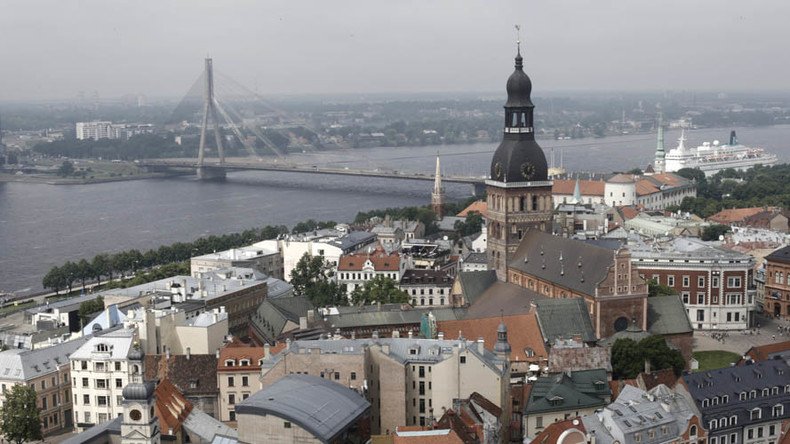Eastern Europe wants countrymen back as emigrant tide hurts GDP

Twenty-one countries in Eastern and Central Europe want their citizens to return from abroad as emigration has led to a 7 percent drop in GDP. According to the IMF, the figure could grow to 9 percent if the trend continues.
Countries such as Latvia, whose population has been falling since the early 1990s due to low birth rates, have seen hundreds of thousands of people emigrate. After Latvia joined the European Union in 2004, many people left the country to seek a better life in the bloc’s more prosperous states.
Overall, the Baltic region has been hit most by the trend. Latvia and Lithuania have seen 0.6-0.9 percent of their GDP shaved off annually by emigration.
According to the IMF, Eastern European migrants’ education levels tend to be higher than their home country averages.
This has inspired a Latvian institute to launch the ‘I want you back’ campaign, inviting Latvians to tell their relatives and friends abroad they are welcome to return to the country.
Sociālo kustību #GribuTeviAtpakaļ uzskata par izdevušos https://t.co/3RrLjOUkvdpic.twitter.com/SQhdc8DLU1
— Dienas Bizness (@dblv) August 2, 2016
"The initiative concerns our relationships with our relatives, friends and people close to us that are abroad, and [aims to] tell them clearly and directly – ‘I want you back,’” the initiative’s leader, Aiva Rozenberga, told national radio.
Latvian residents are being encouraged to use the hashtag #GribuTeviAtpakaļ (“I want you back” in Latvian) on Twitter and other social networks.
“The diaspora living abroad represent a huge untapped potential for their countries of origin,” Lithuania-based economist Rokas Grajauskas, working for Danske Bank, told Bloomberg.












